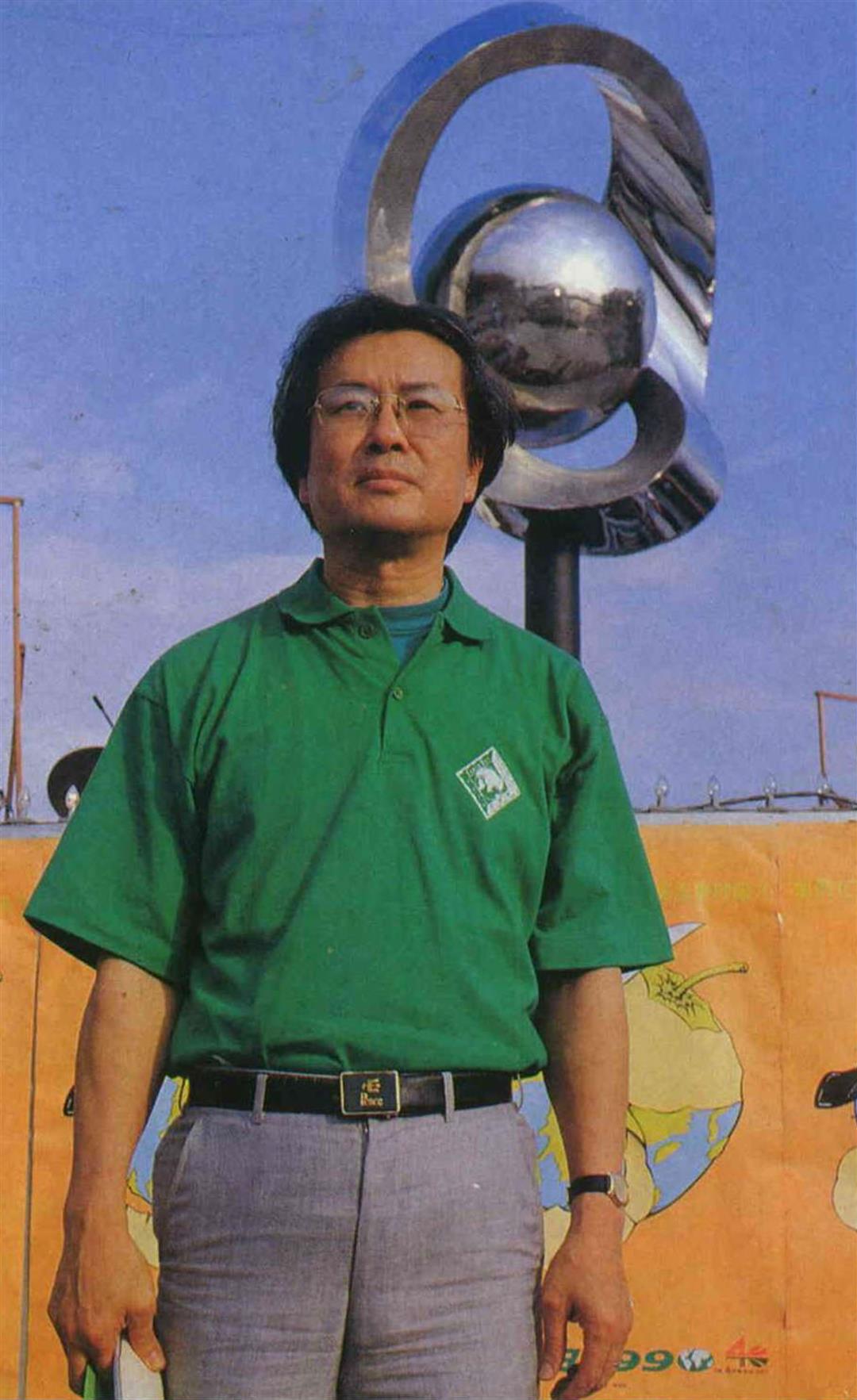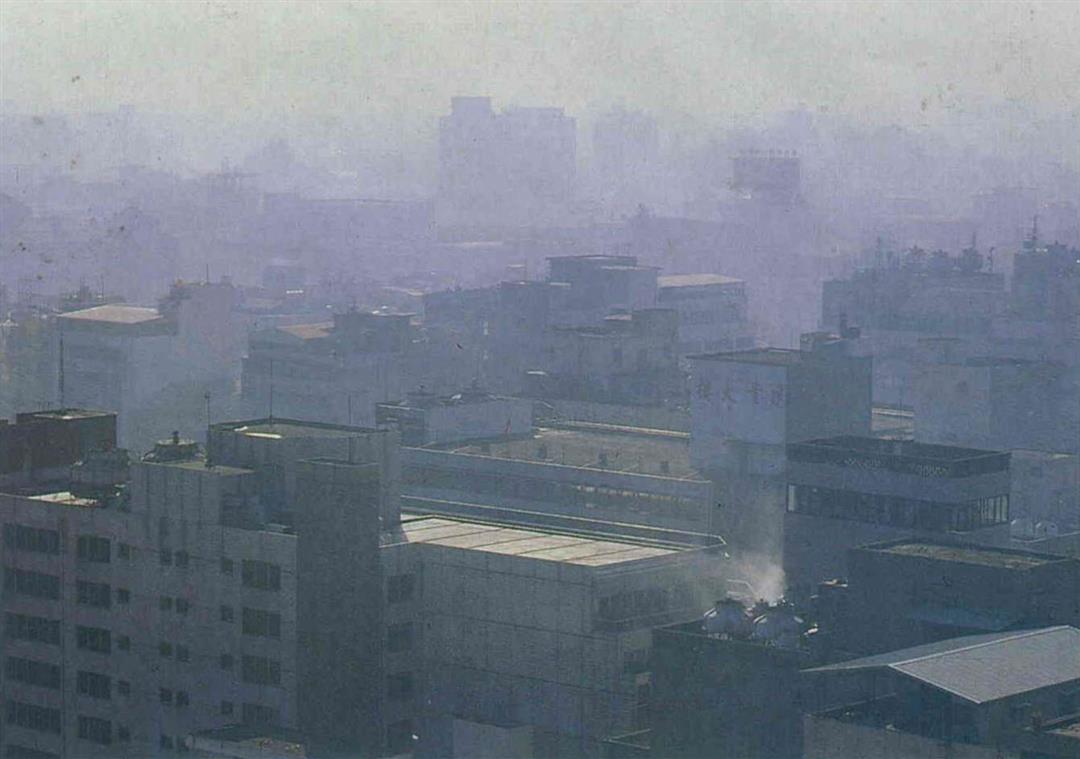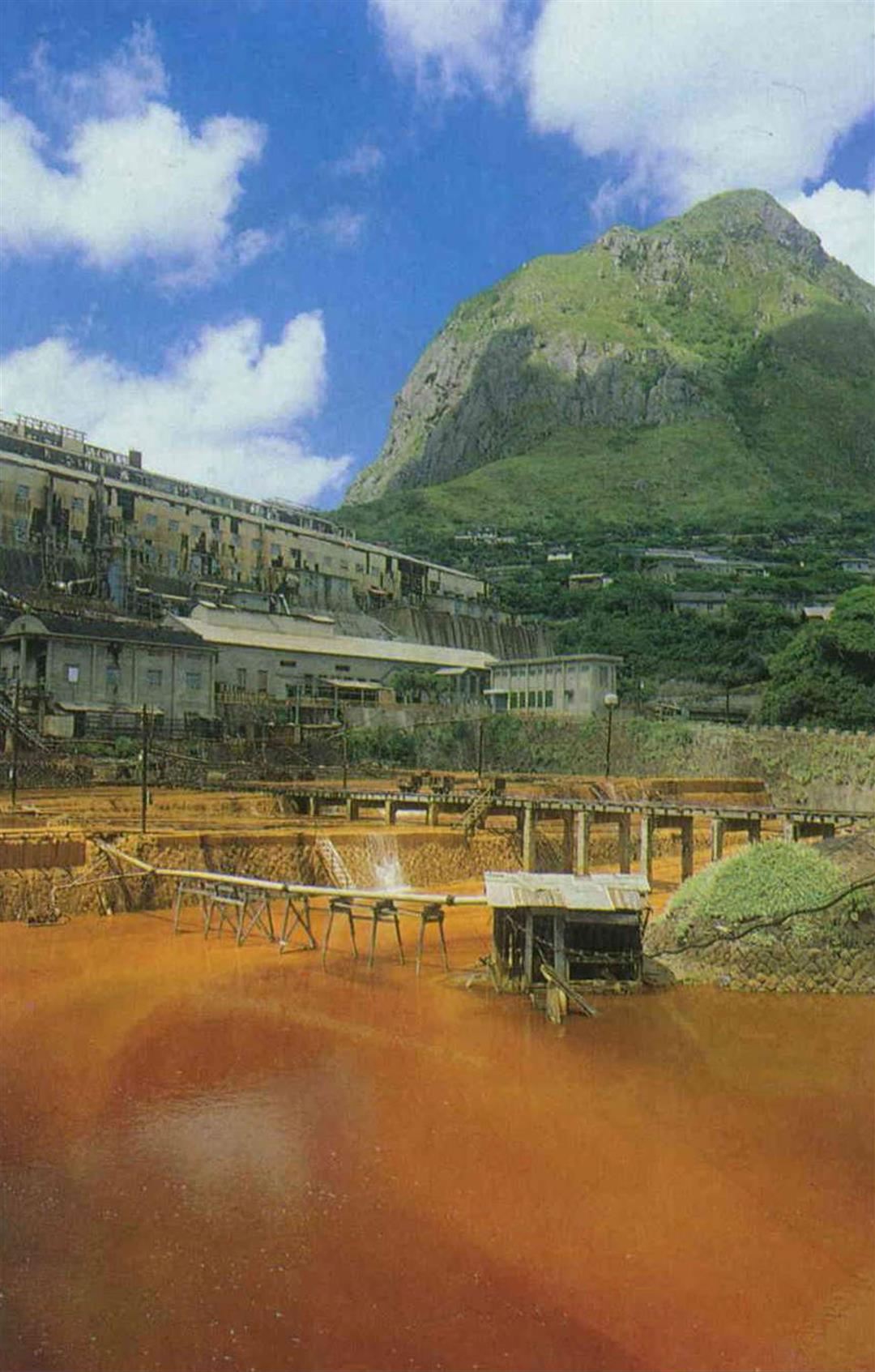Today all of us have come to realize that environmental studies involves many different fields. It is encountered in agriculture and engineering alike. And what normally brings us into contact with the environment is a variety of practical needs.
Environmental concepts derived from practical science frequently involve compromises, but I believe we cannot afford to compromise when it comes to the environment. Why not? Let me try to explain.
The history of man's treatment of the environment can be simply stated. In the early stage, man had a fairly uncomplicated relationship to the environment. Later, with the arrival of capitalism, religions, social movements and scientific advance, man's relationship to nature underwent a transformation. Then people discovered that this treatment of nature was creating serious consequences and leading to a crisis for the biosphere, so they did an about-turn and began to care for nature again, which is when Earth Day appeared on the scene.
In 1970 when I took part in the Earth Day event in America, no one imagined that in 20 years time the world would have changed so much. From the green-house effect, global climatic change, acid rain, the hole in the ozone layer, destruction of the rain forests, conservation of animal and plant species in the wild, to desertification and the shrinkage of marine mammals, all of this was very little discussed and paid scant attention. No one could have expected that within two short decades the world would change so dramatically.
Human evolution shows that man cannot survive in isolation from his environment. Many writers equate nature with wisdom. Shakespeare said: "Nature is my book." All you need do is walk into a forest, touch the leaves and see the butterflies to become aware of this wisdom.
From the viewpoint not of ecology but of religion, the Bible also says: "Speak to the world, and the world will teach you; speak to the birds and the birds will instruct you." Nature helps you to realize the existence of God.
At the age of 70, the American poet Walt Whitman said: "Now I understand that the secret of creating a whole man is to let man grow amid nature, living together with the world." This is the power of nature, and the quality of a person is closely bound up with his relationship to nature.
When we examine the relationship between human life and nature, the works of many writers and philosophers can often provide us with answers. When I was teaching a high school course on insular ecology, I recalled the words of the seventeenth-century English poet John Donne, "No man is an island, entire of itself; every man is a piece of the continent, a part of the main. Any man's death diminishes me, because I am involved in mankind; and therefore never send to know for whom the bell tolls; it tolls for thee."
As an old man, Dr. Schweitzer also believed that if there was to be hope for the world, mankind must have respect for life. Only if we first respect life can we turn to other things. My understanding of the natural environment is that in addition to respecting life we should also praise and glorify life, and appreciate something of the mystery of life. We should understand that many things in life are beyond our control.
Only when a person begins to see that there are many incomprehensible mysteries in life, and comes to realize that he cannot live in isolation from nature and humanity, will he grow more mature, more humble, and become a "good man." A man who cannot see that there are forces in life beyond his control, who thinks everything lies in his own hands, and who doesn't appreciate the importance to himself of other living things, is bound to grow proud and remain blind to understanding.
Taiwan today is an example of a society where people are utterly alienated from nature, where nobody seems to understand nature or have respect for life. What is nature there for? It is there for man to exploit and develop. Depletion to exhaustion is an idea that still lurks in many people's minds.
Faulty education in the social field, as well as in the humanities and sciences, has led to the misconception that animals and plants are dependent on man, or that their existence is mutually interdependent. In reality man is wholly dependent on animals and plants for his existence; if all animals and plants disappeared, you and I would soon disappear too. But if mankind were to vanish from the face of the earth, it might well come as a great relief to the animals and plants!
Descartes said, "Cogito, ergo sum" (I think, therefore I am). Only when we think do we become aware of our existence. To be aware of his own existence is man's unique nature, something that other living creatures do not possess. But in Taiwan we lack this awareness. Our credo has become "I consume, therefore I am!" Only when we eat a big meal, go window shopping or go out buying things do we feel we are really alive. This habit has become ingrained in many people's thinking; there are people who really believe that unless they are buying something or spending money they are not living, and then they begin to doubt their own existence! Window shopping has become a way of affirming one's own existence and confirming that others also exist. Only when we're rubbing shoulders in the crowd do we reassure ourselves, "Ah! So I'm still here!"
Such perverted distortion in a society is the product of man's total alienation from nature. Many people's explanations of phenomena in Taiwan are based on various political, economic, educational and cultural analyses, but I believe they are the result of our society having turned its back on nature.
Once a society pits itself against nature, people alter. Many of us live in an environment in which it is virtually impossible to see a single green tree or an expanse of green grass. Yet greenery is extremely important to man, for mankind was originally nurtured by the soil. We city dwellers often say we want to go out into the countryside and take some relaxation. The reason is very simple, we belong to the great outdoors and must return to nature's embrace, we absolutely cannot exist apart from it.
But that is not all. Being at odds with nature leads to the formation of an anticulture. Genuine culture is the result of patient interaction between man and his natural environment. If nature is destroyed, culture dies; alternatively, an anti-culture arises which is completely dislocated from the environment. As a case in point, just how much does the contemporary culture of Taipei city have in common with the actual land of Taiwan?
[Picture Caption]
Over 100 countries worldwide held events marking Earth Day on April 22.Taiwan's Earth Day event took place at the CKS Memorial Hall, Taipei.
Lin Chun-i hopes that everyone will think more deeply about environmental issues.
"Mankind originated in the green land and ultimately needs to return to it again," Lin Chun-i says. If man's surroundings are divorced from "nature," human nature is in danger. At left is a Swiss village (photo by Arthur Cheng), at right an urban area of Taipei.
Protecting the natural environment also means preserving the life and future of mankind. At left is Iraralay Bay on Taiwan's Orchid Island, at right a polluted section of Taiwan's northeast coast. (photos from Sinorama files)

Lin Chun-i hopes that everyone will think more deeply about environmental issues.

"Mankind originated in the green land and ultimately needs to return to it again," Lin Chun-i says. If man's surroundings are divorced from "nature," human nature is in danger. At left is a Swiss village (photo by Arthur Cheng), at right an urban area of Taipei.

Protecting the natural environment also means preserving the life and future of mankind. At left is Iraralay Bay on Taiwan's Orchid Island, at right a polluted section of Taiwan's northeast coast. (photos from Sinorama files)